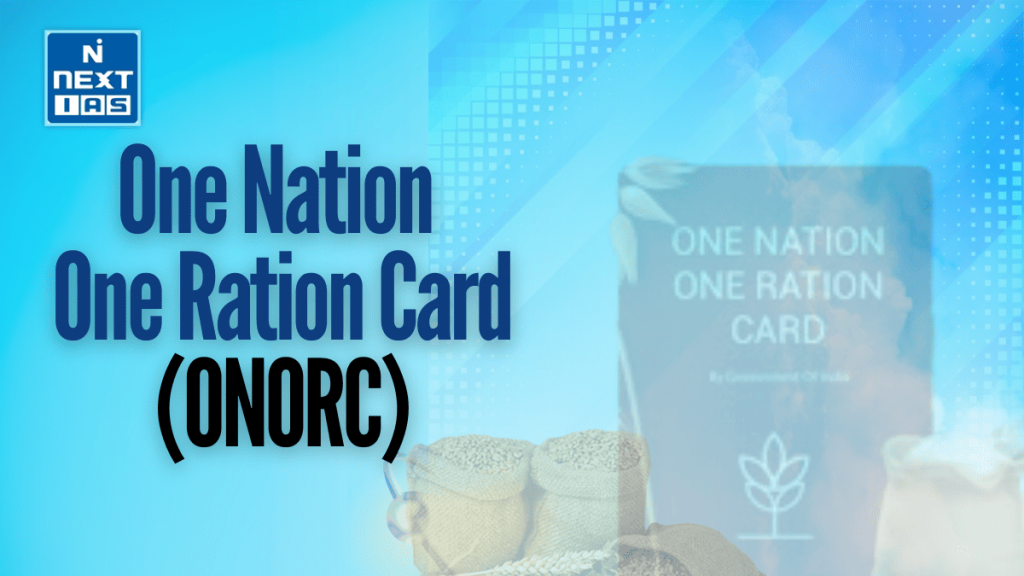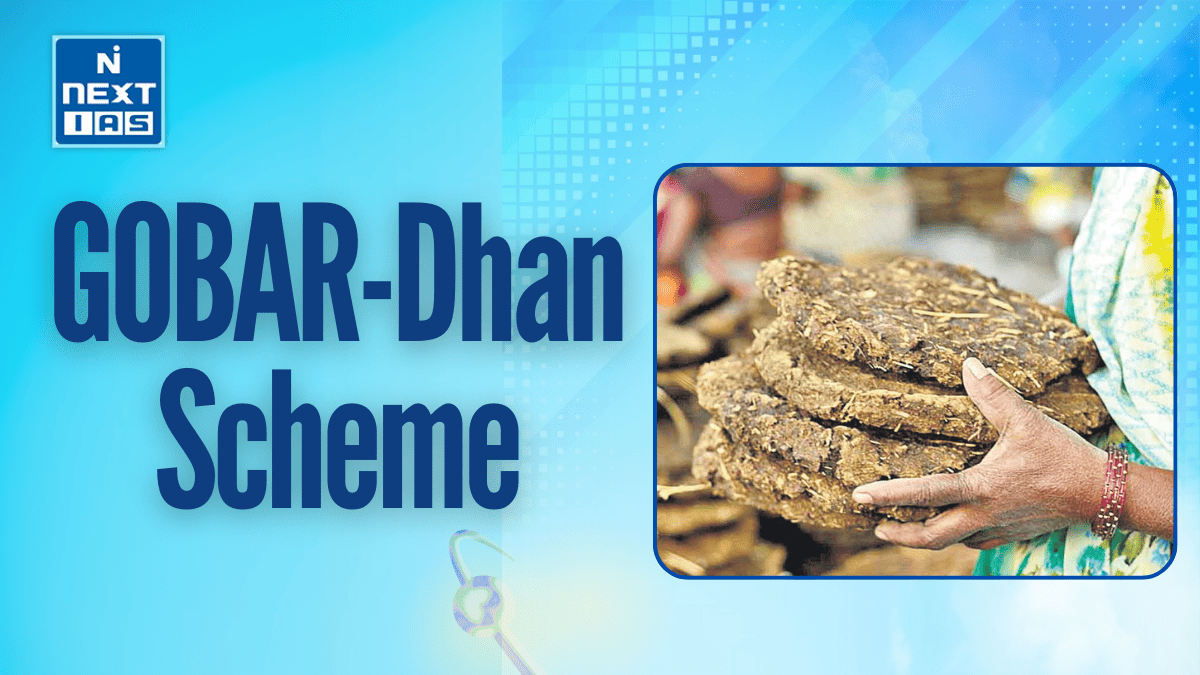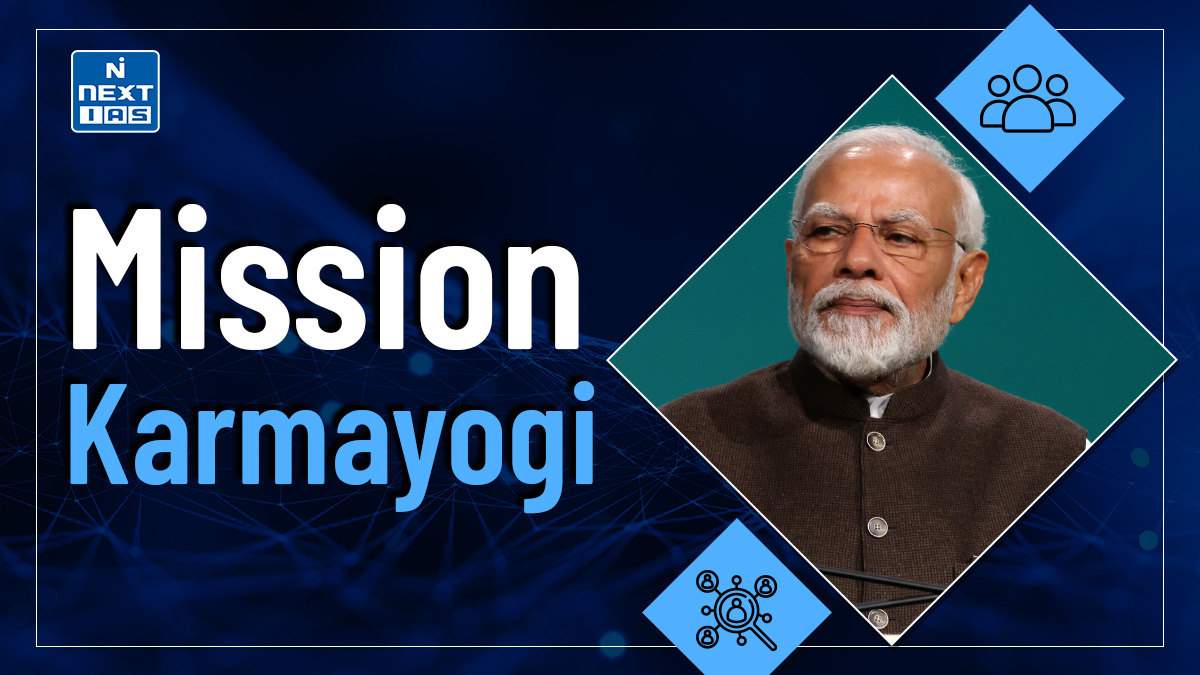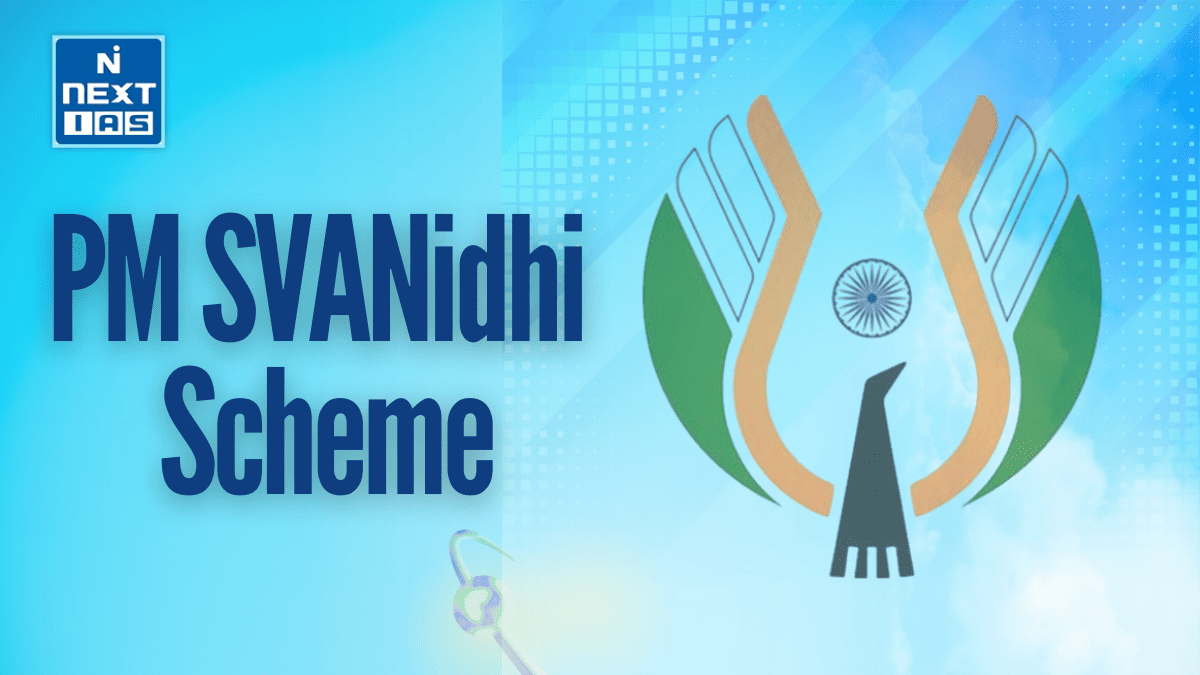
The One Nation One Ration Card (ONORC) Scheme allows for portability of ration cards, so that the beneficiary can collect subsidized food grains from any Fair Price Shop in India. This guarantees food security for migratory workers and brings transparency, efficiency, and inclusiveness to the Public Distribution System (PDS).
About The One Nation One Ration Card (ONORC) scheme
- On the lines of food security, One Nation One Ration Card is a government initiative.
- This scheme allows the beneficiary to avail food grain at subsidized rates at any FPS across the country from one single ration card issued to him.
- Under the NFSA, the Central Government is implementing the ONORC scheme.
- A procedure called Aadhaar Seeding is used for nationalizing a beneficiary’s ration card.
- In simpler terms, Aadhaar seeding would mean that the beneficiary will be able to collect from a fair price shop anywhere in the country the foodgrain she or he is entitled to.
- The scheme was introduced to achieve 100 percent national portability of food grains by March 2021.
Features of The One Nation One Ration Card (ONORC) Scheme
- Several key steps are involved in the implementation of the ONORC scheme to make it a reality. The scheme will be implemented as follows.
- Technological Integration: The first step involves integrating the technological infrastructure needed for the scheme. Electronic Point of-Sale (ePoS) devices were to be installed at Fair Price Shops (FPSs) all over the country. The devices support biometric authentication systems (fingerprints or iris scan) used to verify beneficiary identity.
- Aadhaar-Seeding: The beneficiary’s Aadhaar number is linked to a ration card. This linking is very crucial as it helps with biometric authentication and avoids duplication of beneficiaries.
- Database and Connectivity: The central government, together with state governments and relevant agencies, establish a central database comprising beneficiary information, ration card details, and other information. The database serves as an information exchange hub between states and union territories.
- Inter-State and Intra-State Portability: The very foundation of ONORC is to allow the beneficiaries to avail the entitlements allotted to them from any FPS, irrespective of whether they are in their home state or some other state. Thus, a smooth system of portability needs to be created both within a state (intra-state) and between two or more different states (inter-state).
- Beneficiary Awareness: Awareness campaigns are held to inform beneficiaries about the benefits of the scheme, how they can avail them, and further steps to be taken to use that right to obtain their ration entitlements at any FPS.
- Mobile Application (Mera Ration): To support beneficiaries, the Government has also come up with a mobile application called “Mera Ration.” It informs the users about the entitlements, locations of FPSs, and some other relevant information. Thus it becomes easy for the beneficiary to draw a ration from anywhere.
Benefits of The One Nation One Ration Card (ONORC) scheme
- Food grains can be purchased at a highly subsidized rate: Anyone holding an ONORC can buy food grains through any Fair Price Shop, irrespective of their location. This helps migrants who travel to other places to work.
- Same rations all over the states: When someone uses his ONORC in a different state, he shall get the same quantity of food benefits as he would receive in his state, i.e., food quality and quantity shall be the same.
- Quick switch in case of issues: If there are problems with one Fair Price Shop, beneficiaries can easily move to the next Fair Price Shop for their food so that they are not held back from receiving food due to the problem of one Fair Price Shop.
- Benefits to women and vulnerable groups: The poor, of which women form a larger chunk, shall be able to equally benefit, as there will be better access to food they are entitled to without discrimination.
- Contribution towards ending hunger: The ONORC can help in achieving the goal of ending hunger by 2030. This is important because hunger is one of the biggest challenges, and the ONORC can go an extra step towards alleviating it.
Lacunae of One Nation One Ration Card (ONORC)
The One Nation One Ration Card (ONORC) scheme aims to ensure food security for migrant workers by allowing them to access subsidized rations anywhere in India. However, despite its benefits, the scheme faces several lacunae that hinder its effective implementation.
Technological and Infrastructure Challenges
ONORC relies on e-PoS and Aadhaar-based authentication verification, requiring invariable internet connectivity and electricity. These services are lacking across many rural and remote areas, thus leading to transaction failures and deprivation of entitlements worth the beneficiaries.
Aadhaar-Related Issues
The failures of biometric authentication due to poor fingerprint recognition, connectivity issues, or linking errors with Aadhaar create hurdles for beneficiaries. Many migrant workers do not have their Aadhaar details updated and thus are not able to access ration.
Awareness and Access
A large number of beneficiaries, especially migrant laborers and illiterate persons, are not aware of ONORC benefits, nor do they understand the procedure of availing the benefits. Further, lack of assistance and language barriers also restrict access.
Data Gaps and Exclusion Errors
Many ration cards are not updated in the digital database, causing the exclusion of legitimate candidates. Errors in linking family members from different states also prevent migrants from claiming their rightful share.
Note
States have different food security policies and entitlements, causing disparities in ration allocation. Some states resist implementation due to concerns over financial burden and administrative challenges.
One Nation One Ration Card (ONORC), useful for UPSC CSE Prelims
- Launch Year – The initiative was first implemented in 2019 by the Ministry of Consumer Affairs, Food & Public Distribution.
- Objective – Historically, ration cards used to be issued centrally. This activated Portability of Ration Cards issued under the National Food Security Act (NFSA), 2013.
- Beneficiaries – Migrant workers, poor families, and NFSA beneficiaries.
- Technology Used – IM-PDS and Annavitran portals to track real-time data.
- Authentication – Aadhaar fingerprint biometric authentication through ePOS devices at Fair Price Shops (FPS).
- Coverage – From 2019 until 2022, all States/UTs were included (36 in total).
- Benefits – This enables the beneficiary to receive subsidized food grains at any place in India, thus cutting down leakage and ensuring food security.
- Implementation Agencies – Food Corporation of India (FCI) and the respective State Governments.
- Legal Backing – Supported under NFSA 2013, wherein food security is enshrined as a fundamental right.
- Challenges – The rural areas face challenges of connectivity issues with internet, ePOS failure, or Aadhaar authentication errors.
Way Forward
Strengthening the One Nation One Ration Card (ONORC) involves enhancing digital infrastructure, increasing awareness, and ensuring smooth portability in all states. With an enhanced grievance redressal system, joint integration with other welfare schemes, and real-time monitoring with technology, massive food security and accessibility to migrant beneficiaries across the country could be envisaged.
Conclusion
This ensures access to foodgrain security across the country by allowing free flow of subsidized food for all migrant workers and beneficiaries. It promotes transparency and does away with discruptions affecting the public distribution system toward mainstreaming social inclusiveness and welfare and in support of fighting for a united and self-sufficient India.





